The CMP Review — Week of February 20
February 20, 2023
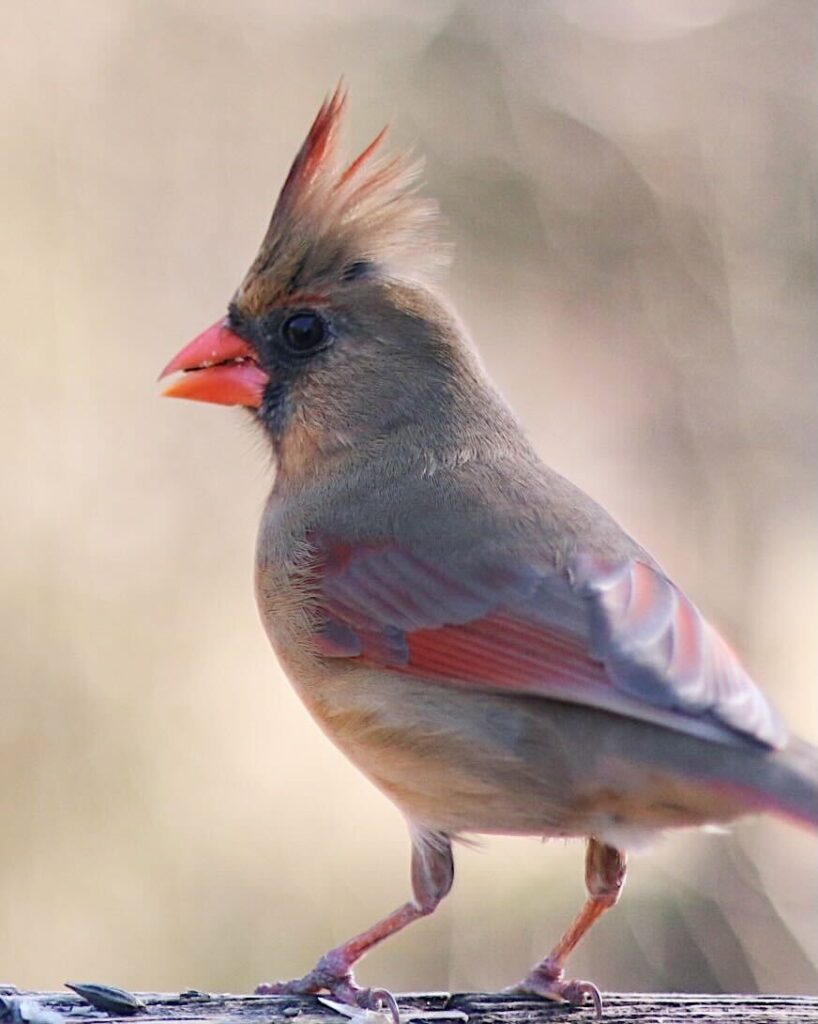
“Intimacy with Animals.—A fourth relation is to the dumb creation; a relation of intelligent comprehension as well as of kindness. Why should not each of us be on friendly terms with the ‘inmates of his house and garden’? Every child longs for intimacy with the creatures about him; and—
‘He prayeth best, who loveth best
All things both great and small;
For the dear God who loveth us,
He made and loveth all.’” (Vol. 3 p. 80)
@tessakeath
February 21, 2023
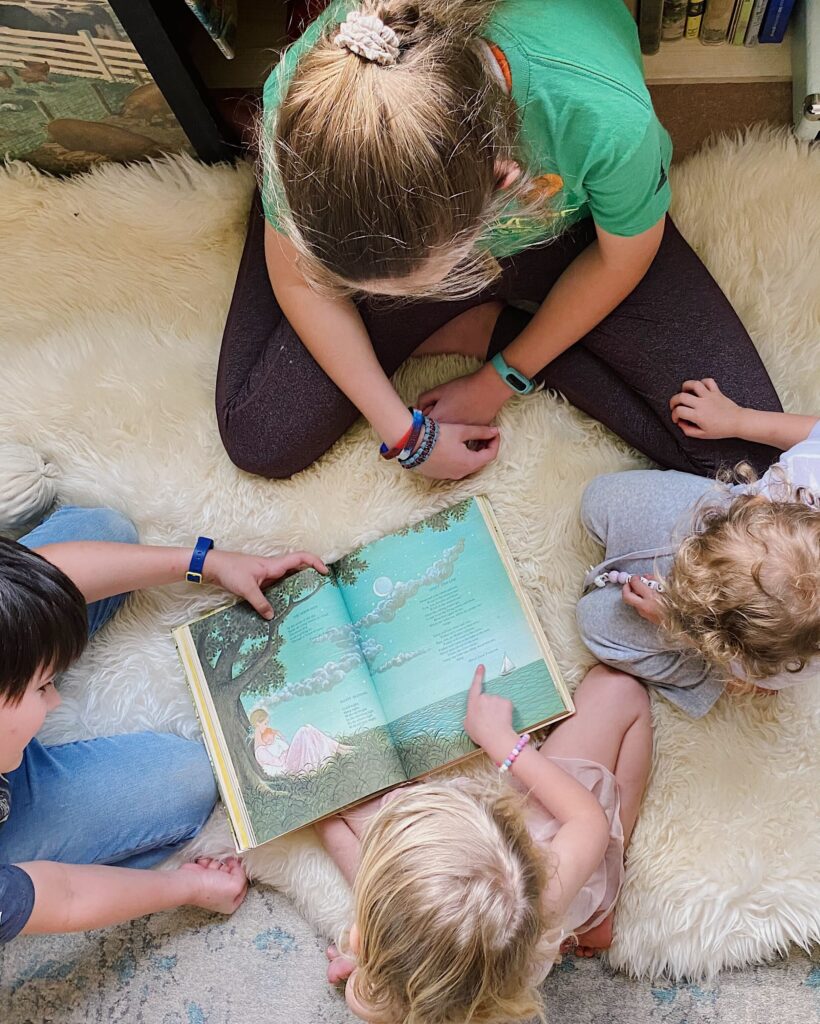
The season of Lent begins tomorrow with Ash Wednesday. It’s a time when many believers, young and old, begin asking questions like, “What should I give up?” These questions reflect a sincere desire to participate in this traditional season of observance. But as in so many other areas, this desire for good can be enhanced by the application of insight and knowledge.
I have often wondered what insight and knowledge about Lent could be gleaned from Charlotte Mason and the PNEU. To my surprise, while I have seen much discussion about Advent, I have found comparatively fewer references to Lent. This has made it harder for me to point people to specific articles in the Parents’ Review that might enhance their families’ Lenten observance.
The shining exception is a somewhat mysterious yet beautiful article that appeared on two occasions in the Parents’ Review. Written under a pseudonym, the article tells the a story of how one family chose the season of Lent as a time to address a serious family problem. The story has stood the test of time and provides inspiration and guidance for those who think there must be more to Lent than just “giving something up.”
Tomorrow is Ash Wednesday, but it’s not too late to start thinking about how to shape your observance of the season that’s upon us. Read the compelling insight and advice of a writer who went by the name of Leader Scott, or listen to the engaging dramatization of the article by musician Greg Rolling. Both are here.
@artmiddlekauff
February 22, 2023
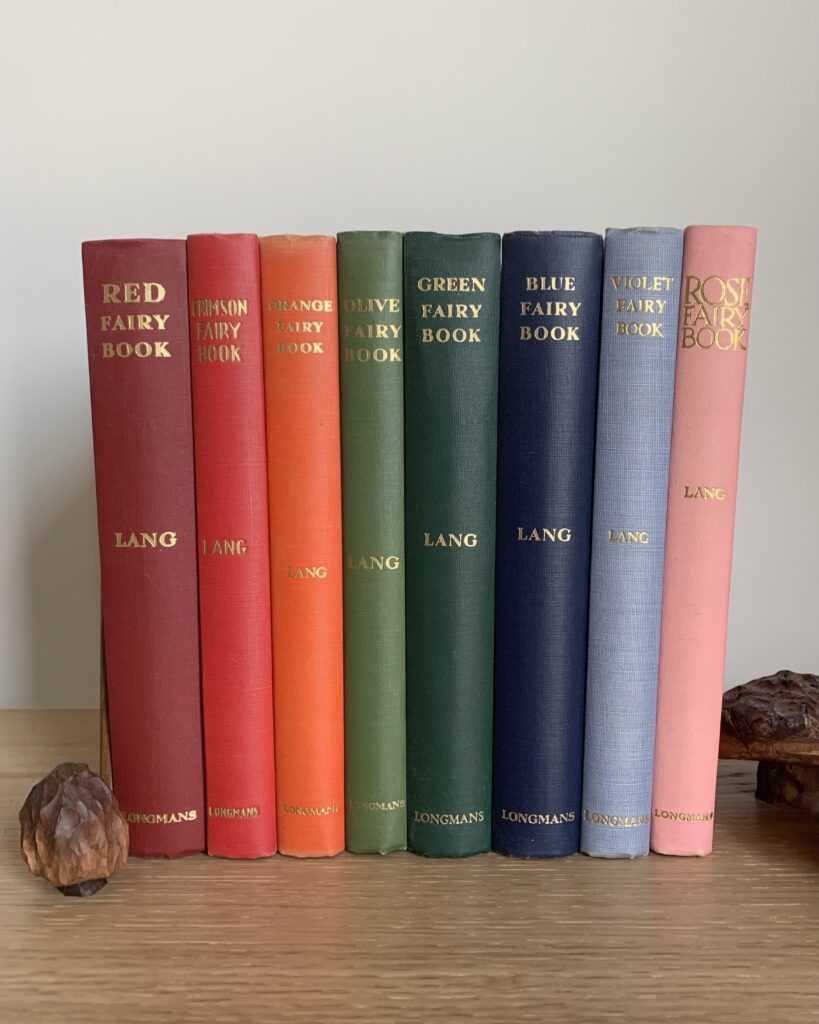
The first thing my boys do when they get a new hardcover is to remove its dust jacket. While I tend to leave jackets on, if I do remove one, it gets carefully placed in a file folder.
Here’s a 1949-set of the Fairy Books by Nora and Andrew Lang. The original owner kept them in their dust covers and so have we:
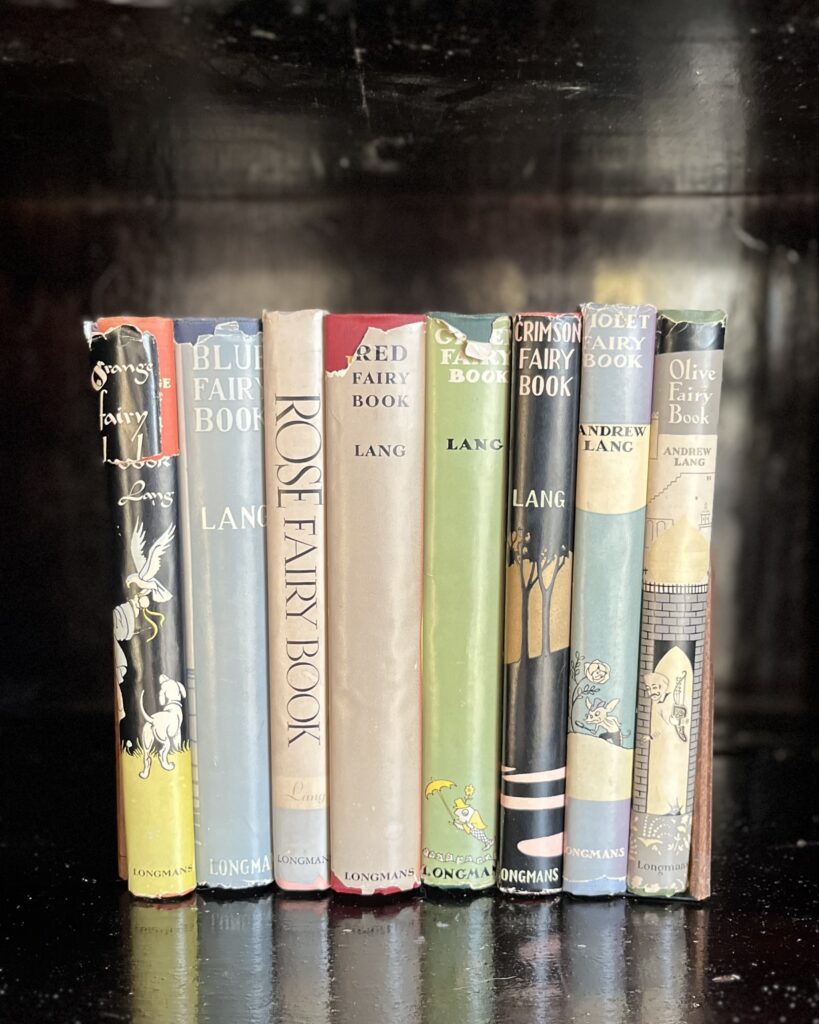
Tell me your thoughts on jacket covers in the comments!
@rbaburina
February 23, 2023
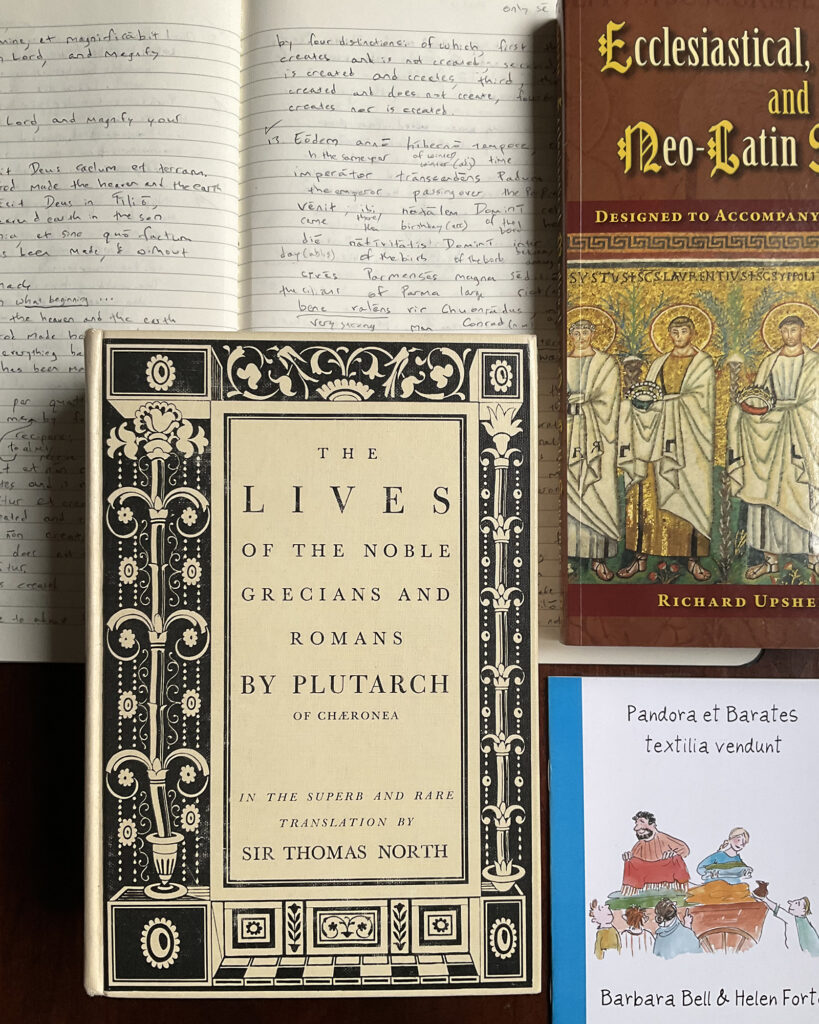
One of the biggest barriers for me to learn Latin was simple. Time. I was just too busy with other things. Imagine my surprise when I discovered that Plutarch of Chæronea had exactly the same problem.
On Monday my son and I began reading the Life of Demosthenes, and I was struck by a brief author’s note on the opening pages: “Whilst I was in Italy and at Rome, I had no leisure to study and exercise the Latin tongue, [on account of] the great business I had then to do.”
But in a new season of life, time opened up for me study. Amazingly, it opened up for Plutarch too: “so … even somewhat too late, and now in my latter time, I began to take my Latin books in my hand.”
He found that hitting the books later in life was difficult but good: “To learn how to pronounce the Latin tongue well, or to speak it readily, or to understand the signification, translations, and fine joining of the simple words one with another, which do beautify and set forth the tongue, surely I judge it to be a marvelous pleasant and sweet thing; but withal it requireth a long and laborsome study…”
My son gave me a glance as together we read the next sentence. A long and laborious study … “meet for those that have better leisure than I have; and that have young years on their backs to follow such pleasure.”
There we were, young and old(ish), and Plutarch had a message for us both. Charlotte Mason assigned Plutarch’s Lives for citizenship. But her definition of citizenship was pretty broad. I think it would include even this little lesson we learned about the study of Latin this week.
@artmiddlekauff
February 24, 2023
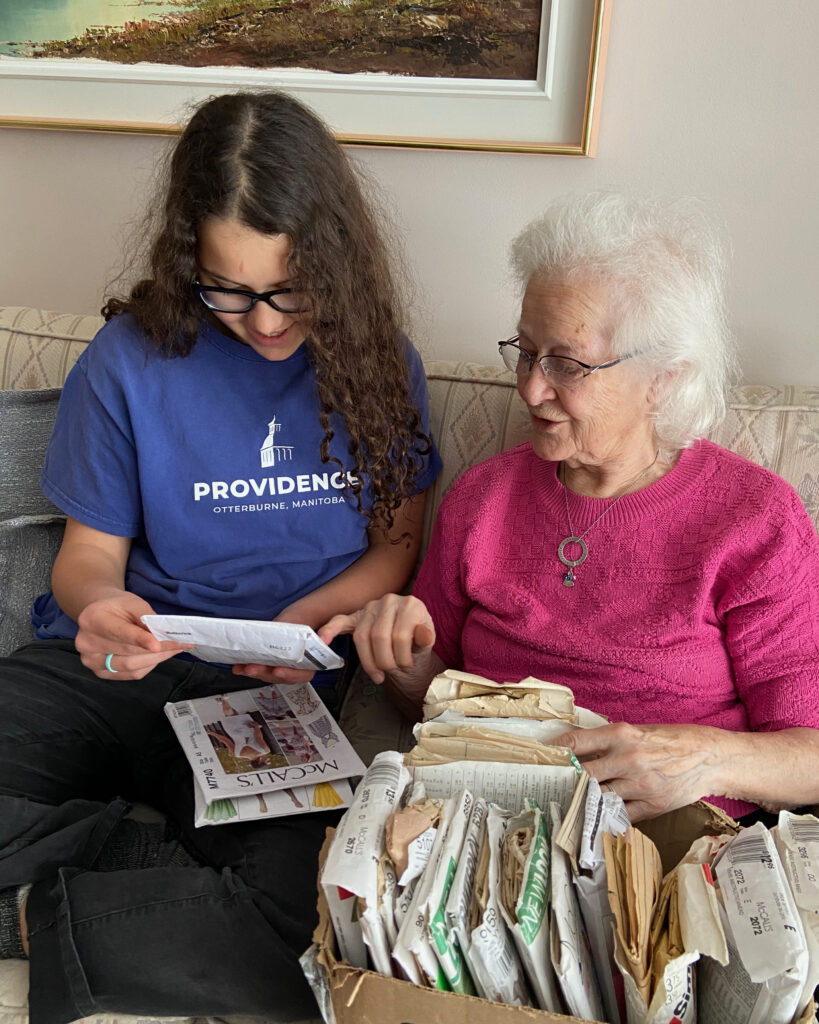
One of the very fun things to do when visiting grandma’s house is to spend some time flipping through her box of dress patterns. Some new(ish), some vintage.
It’s so interesting to look through the fashions of yesteryear, isn’t it?
@antonella.f.greco
February 25, 2023
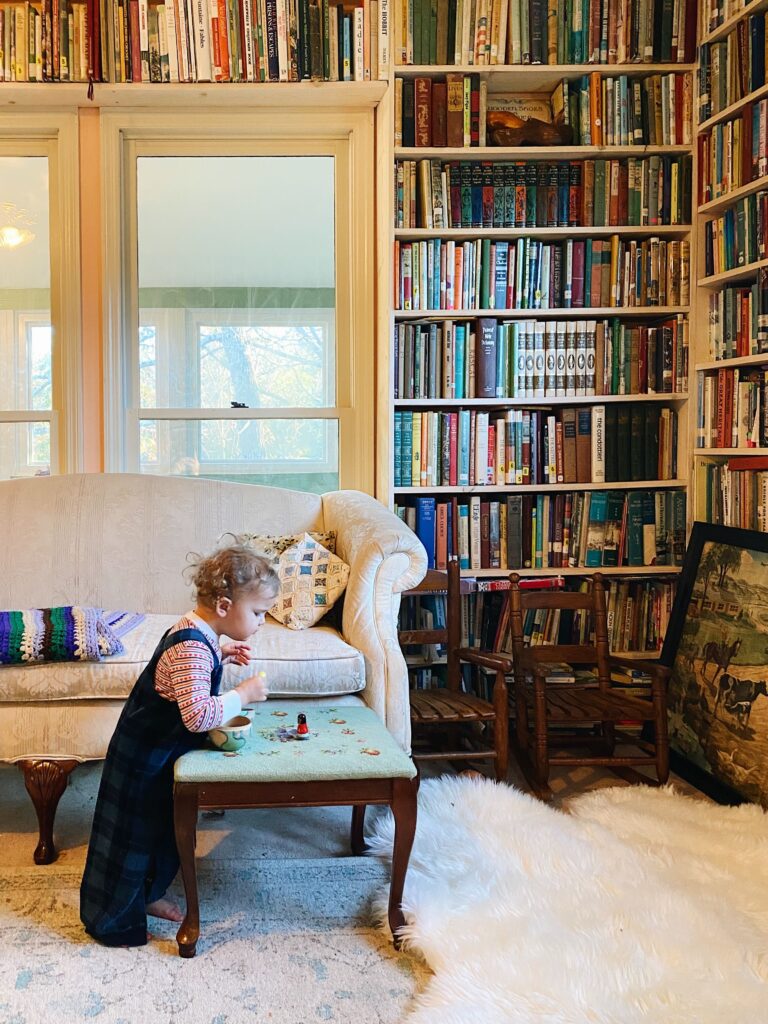
“Christ is our livelihood and He leads us into the way of peace, a way that passes through the common needs of human nature, through daily effort, daily joys and troubles. In this path, with Christ to guide us, we find God’s Holy Will which is our peace. It is in this livelihood that every parent should strive to bring up every child.” (Essex Cholmondeley, Parents Are Peacemakers)
@tessakeath
February 26, 2023
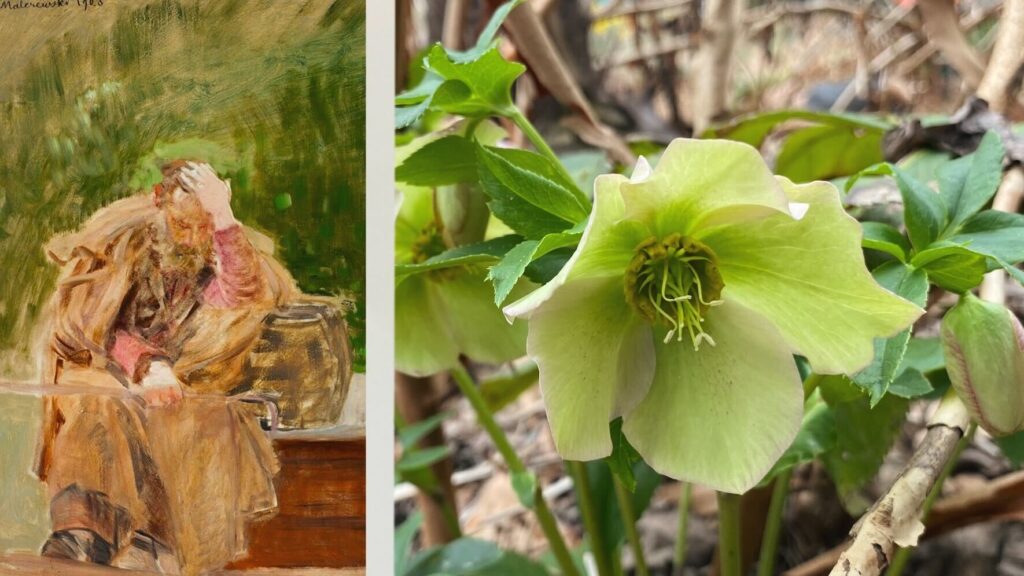
During yesterday morning’s Idyll Challenge discussion, a participant pointed our attention to the second-to-last sentence of this month’s reading:
A new Renaissance is coming upon us, of unspeakably higher import than the last; and we are bringing up our children to lead and guide, and by every means help in the progress—progress by leaps and bounds—which the world is about to make.
“I checked when this was written,” explained the participant. She noted that it was before World War I. Did Charlotte Mason’s optimism ever change, she wondered, as the devastations of the twentieth century began to unfold?
I quietly explained that Mason’s hope for the future was never based on humanity, philosophy, politics, or patriotism. It was never based on virtue, enlightenment, education, or optimism. Rather, it was always grounded in her faith in a King. At the height of the Great War she wrote:
The great Hope rising upon us out of the present distress is that an era of passionate Christianity is coming, when we shall hear the shout of a King in our midst and shall all stand at attention waiting his word of command, when we shall hasten to do his bidding.
In today’s poem, Mason writes of “an aged man”:
ah, well might he,
Athirst through all his days, lie down and die,
Parched and unsatisfied; what hope might be
That he, old man, should drink and satisfy
That craving, long consumed him?
Though others may doubt, Charlotte Mason always believed there was a hope for young and for old. “Come to Me!” shouts the King. Read or hear her poem here.
@artmiddlekauff